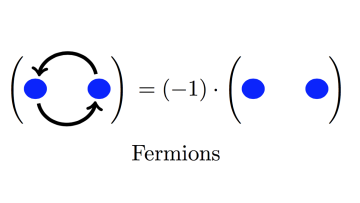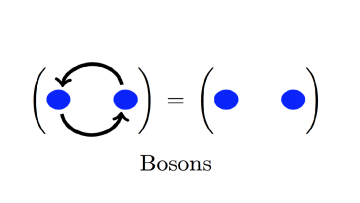Analysis and computations of a nonlocal thin film model for two-fluid shear driven flows
Abstract
We present analysis and computations of a non-local thin film model developed by Kalogirou et al (2016) for a perturbed two-layer Couette flow when the thickness of the more viscous fluid layer next to the stationary wall is small compared to the thickness of the less viscous fluid. Travelling wave solutions and their stability are determined numerically, and secondary bifurcation points identified in the process. We also determine regions in parameter space where bistability is observed with two branches being linearly stable at the same time. The travelling wave solutions are mathematically justified through a quasi-solution analysis in a neighbourhood of an empirically constructed approximate solution. This relies in part on precise asymptotics of integrals of Airy functions for large wave numbers. The primary bifurcation about the trivial state is shown rigorously to be supercritical, and the dependence of bifurcation points, as a function of Reynolds number R and the primary wavelength 2πν−1/2 of the disturbance, is determined analytically. We also present recent results on time periodic solutions arising from Hoof-Bifurcation of the primary solution branch.
(This work is in collaboration with D. Papageorgiou & E. Oliveira )



